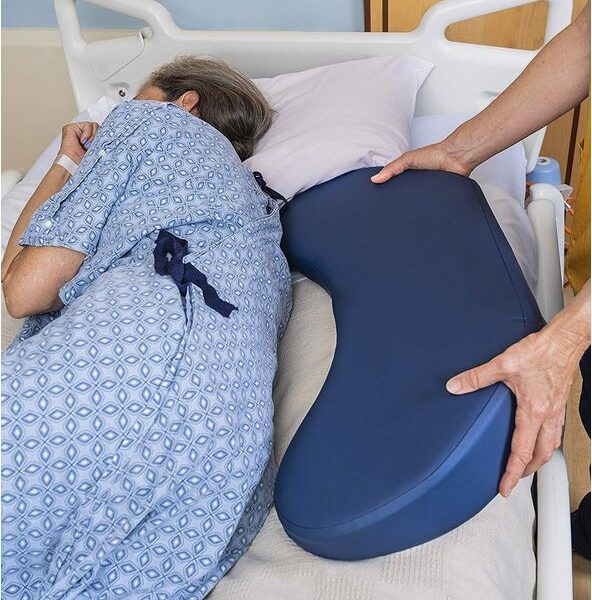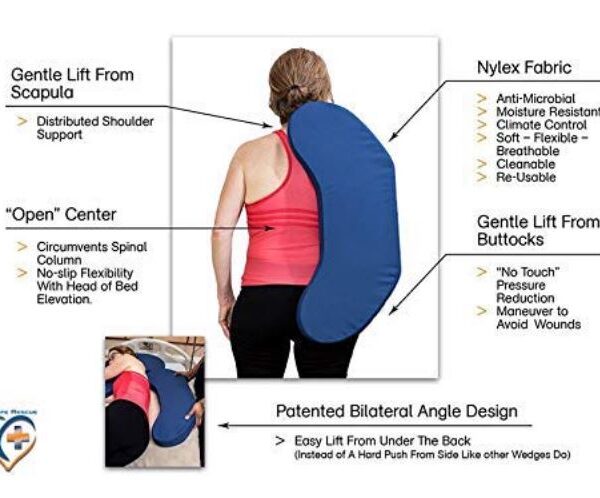Home care aides help seniors to live healthier and more productive lives as they age in place. Home care is provided by caregivers not trained or licensed as medical professionals. They are usually called home care aides who are trained in the nuances of senior care. Home care is classified as personal care or companion care and is considered “unskilled” or “non-clinical.” Home care aides provide “supportive” services, helping you to sustain and maintain your quality of life in your home as you start to lose functionality and mobility – keeping you safe and comfortable, while offering friendly companionship.
You generally will use home care when you reach the point that you:
- Need assistance with activities of daily living.
- Do not drive and need transportation.
- Live alone and may be socially isolated and need companionship.
What General Categories of Services are Included in Home Care?
Home care is generally comprised of one or more of the following tasks involving activities of daily living (ADLs).
- Meal preparation and eating assistance
- House cleaning
- Assisting with personal grooming
- Helping you to move around and/or get in and out of your bed/chairs/tub/shower
- Providing medication reminders
- Helping you or your spouse/partner to cope with Alzheimer’s or dementia by grounding and orienting you or them
- Running errands like grocery shopping, sending packages, and picking up prescriptions
- Providing transportation
- Helping with bill paying
- Incontinence care
- Toileting help
- Companionship
As home care aides are helping clients with their day-to-day activities, they are available to work in short shifts a few times per week during waking hours, or around the clock, seven days per week.
Home care helps seniors to perform the basic and instrumental activities of daily living while aging in place, with the help, support, and companionship of dedicated home care aides.
Below is a sampling of products and equipment that are used in providing home care. Click on the links to find out more information, see other products selections, and if you like, to make a purchase from one of our providers.
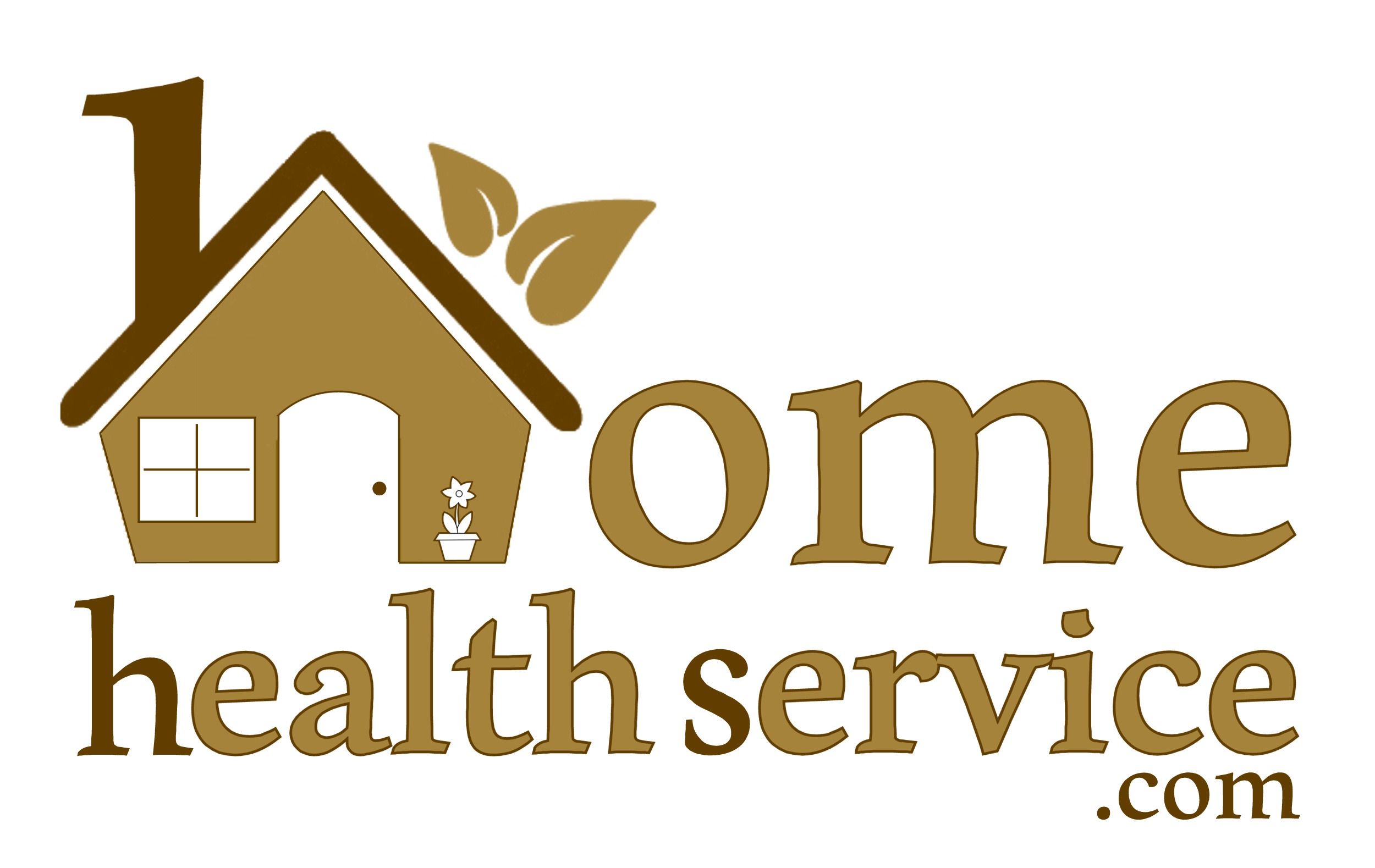

 Personal Development Goals
Personal Development Goals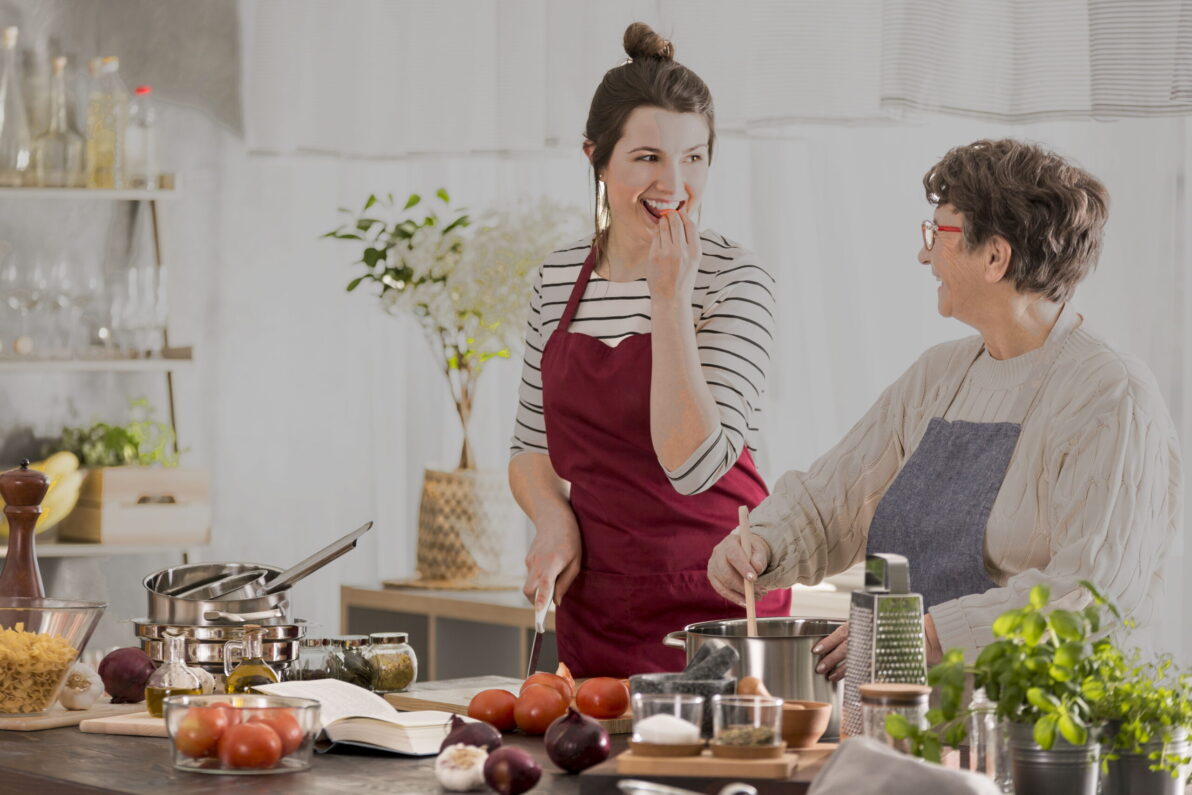
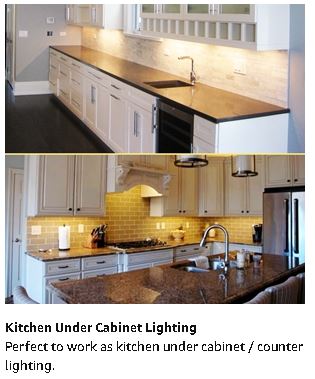
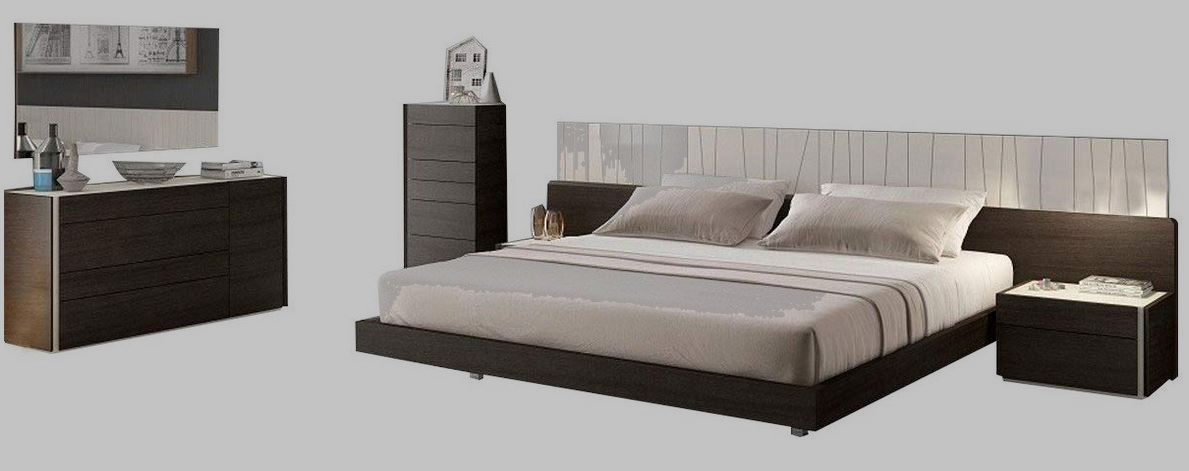 Bedrooms Designed for Aging in Place
Bedrooms Designed for Aging in Place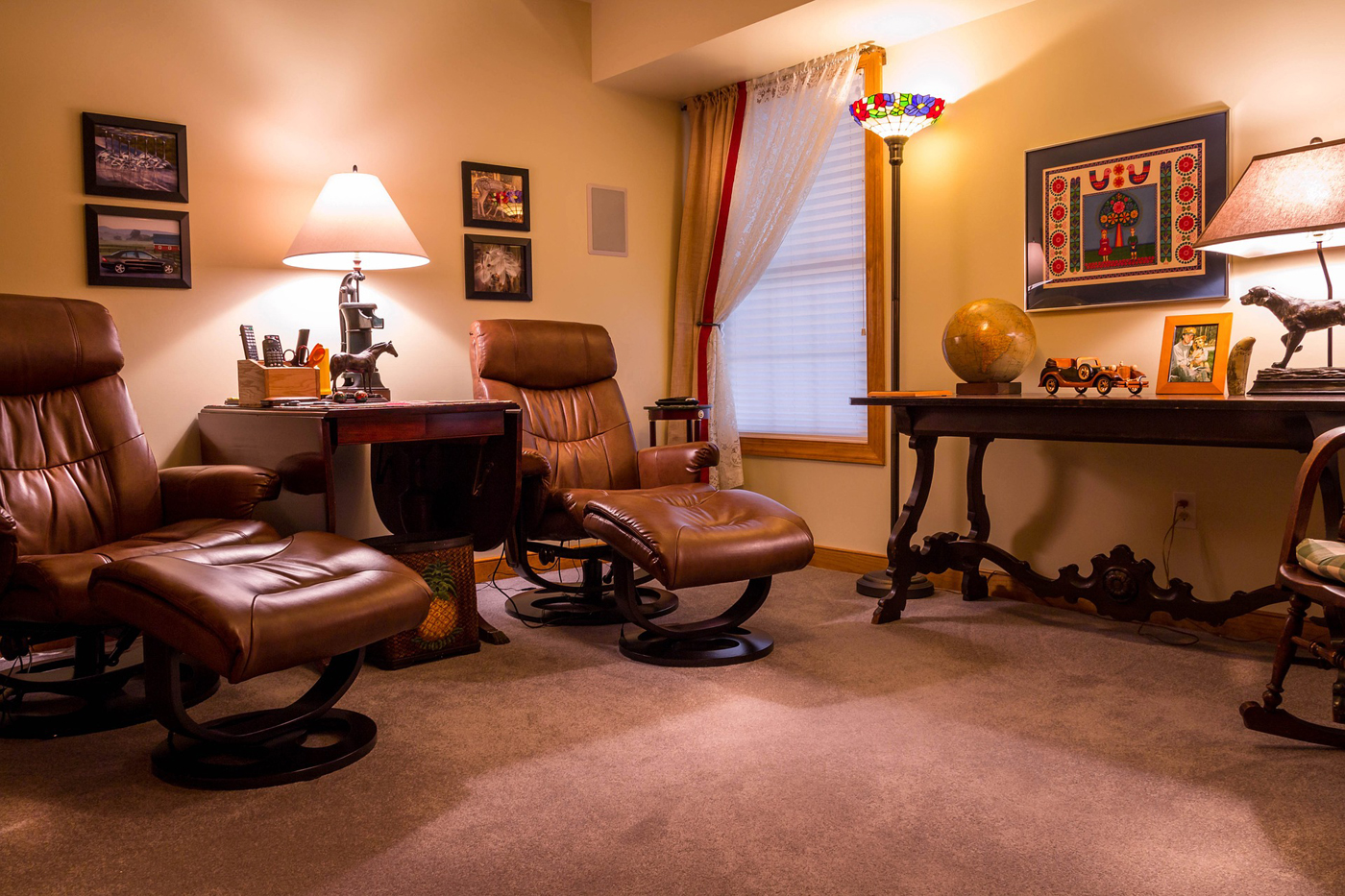 Furniture
Furniture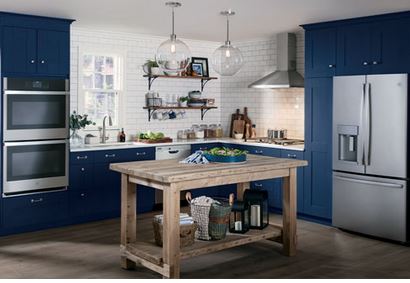 Kitchens Designed for Aging in Place
Kitchens Designed for Aging in Place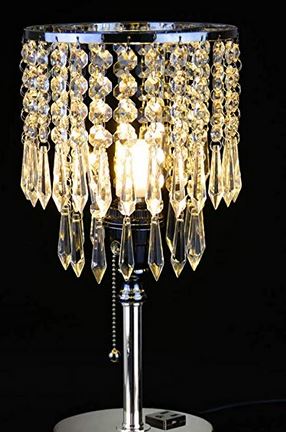 Lighting and Light Switches
Lighting and Light Switches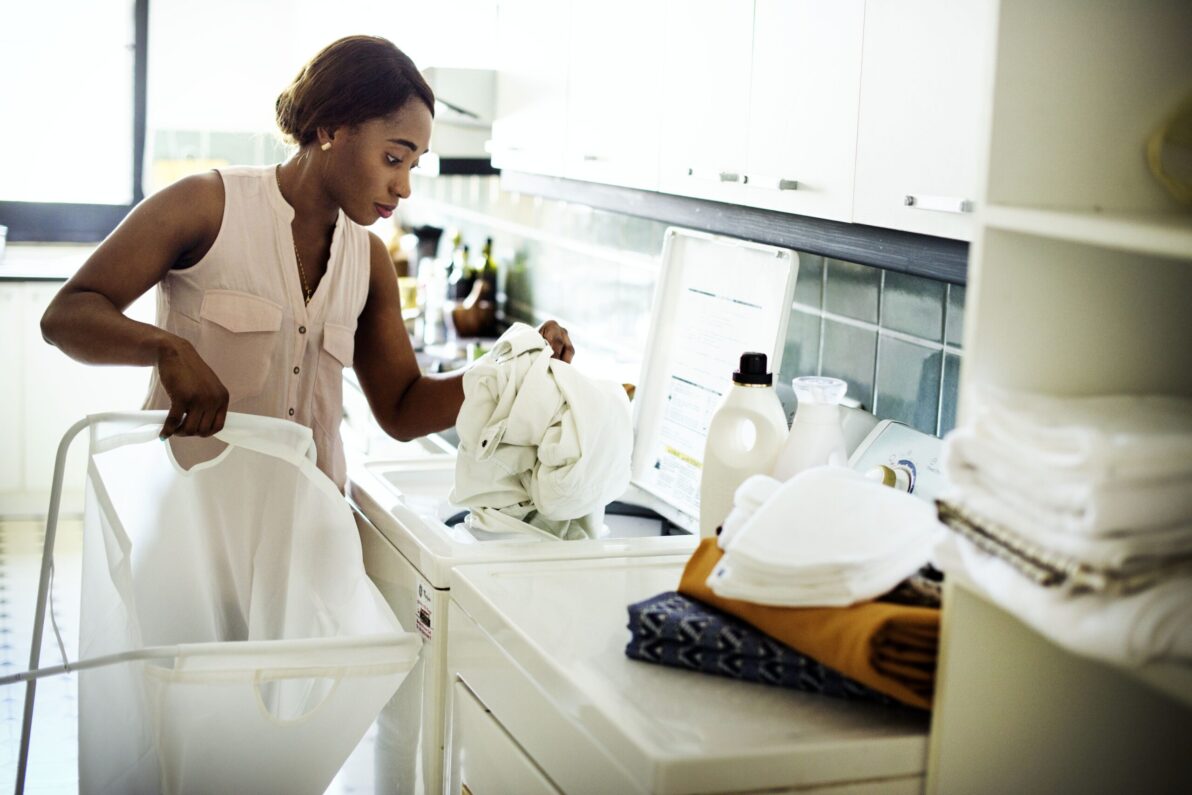
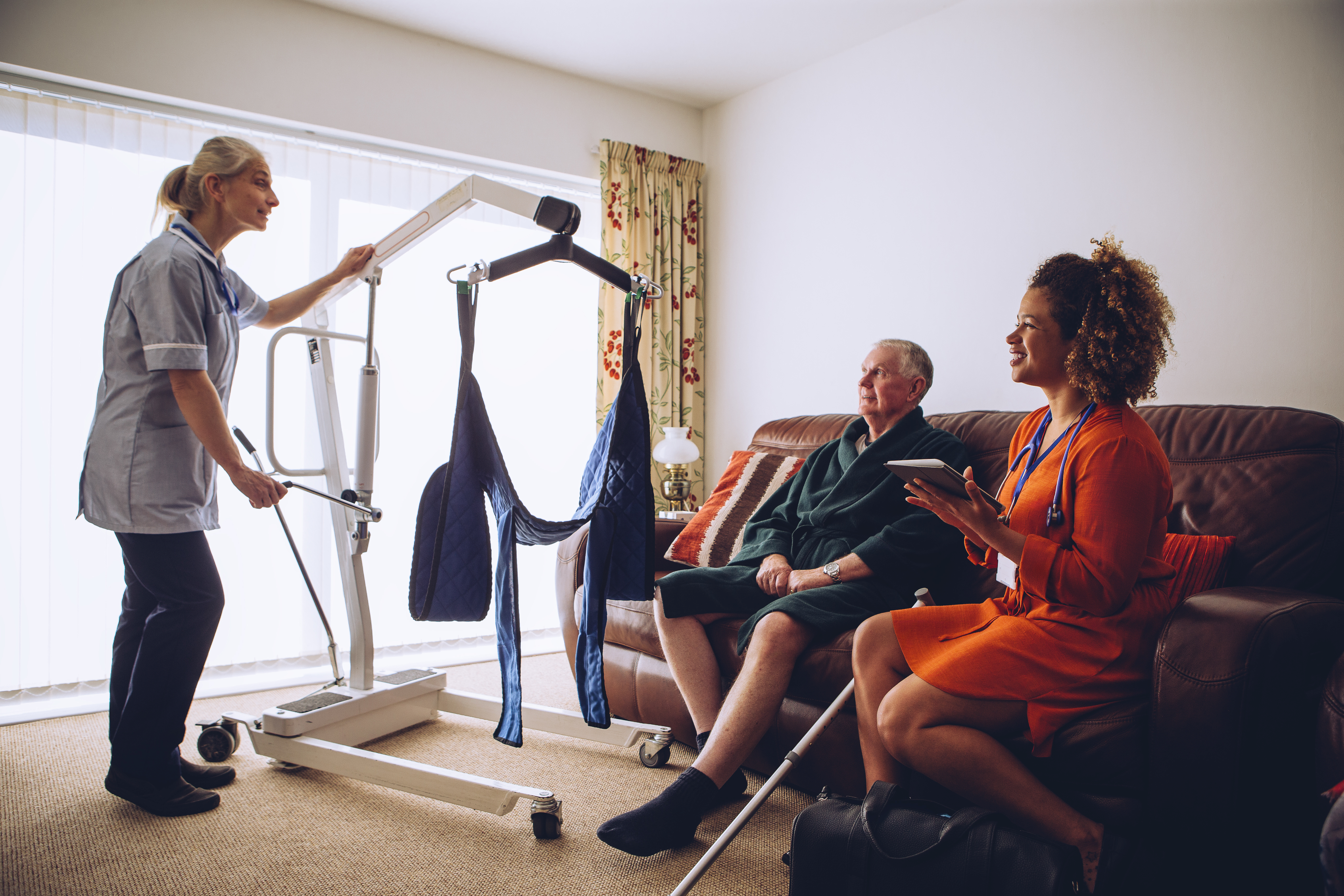 Assisting With Functional Mobility
Assisting With Functional Mobility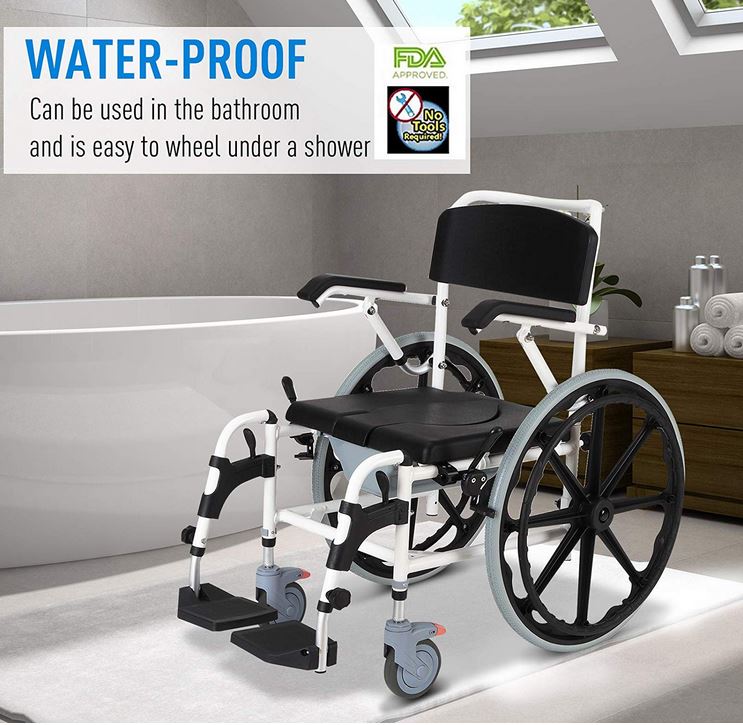 Bath and Shower Mobility Aids
Bath and Shower Mobility Aids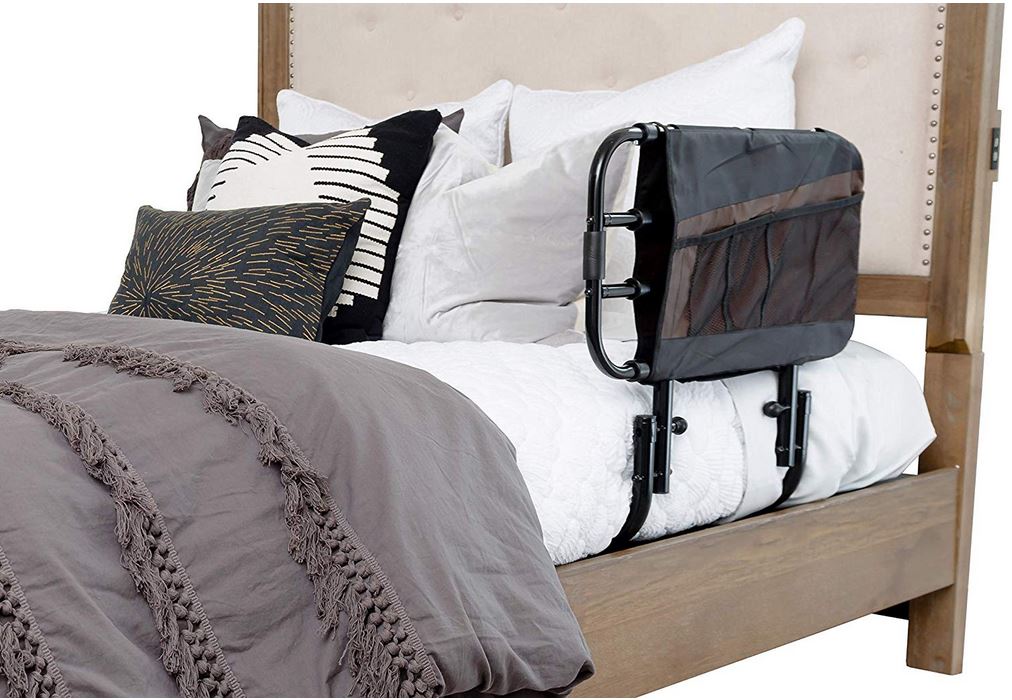 Bedroom Mobility Aids
Bedroom Mobility Aids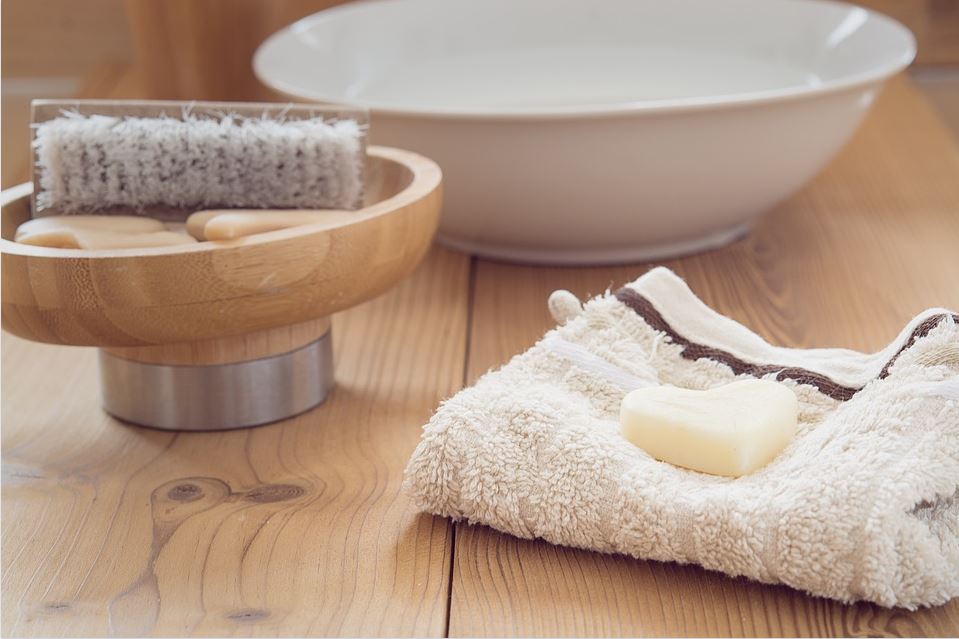 Assisting with Personal Grooming and Hygiene
Assisting with Personal Grooming and Hygiene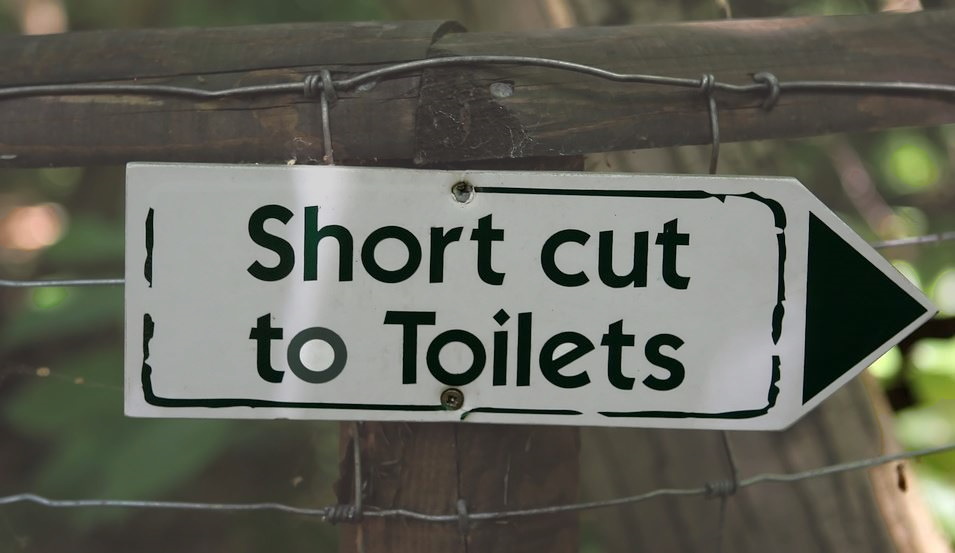 Caring for Someone With Incontinence
Caring for Someone With Incontinence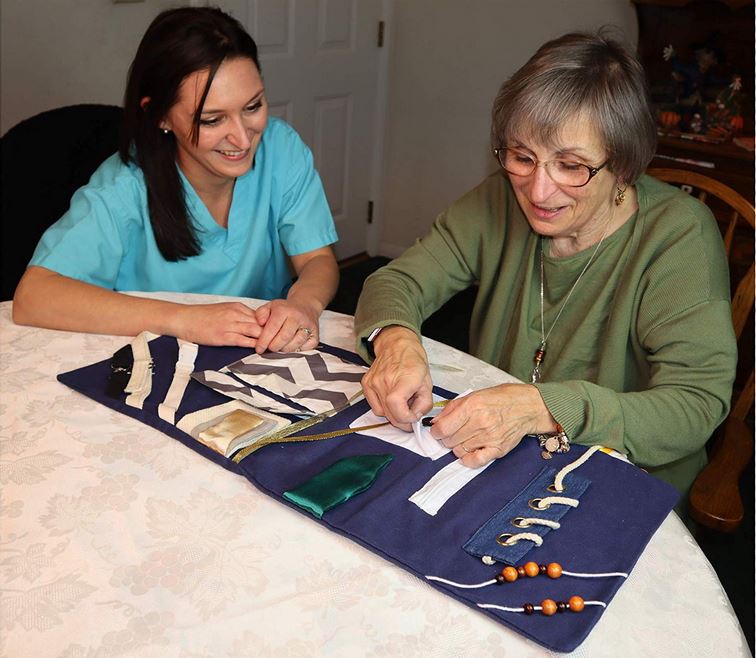 Helping People To Cope with Alzheimer’s and Dementia
Helping People To Cope with Alzheimer’s and Dementia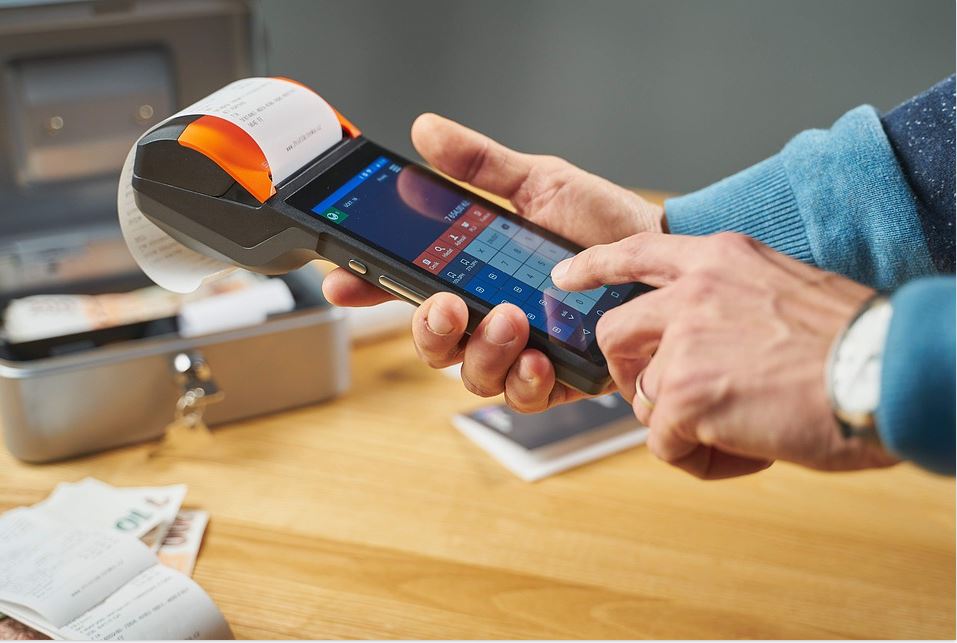 Helping With Bill Paying
Helping With Bill Paying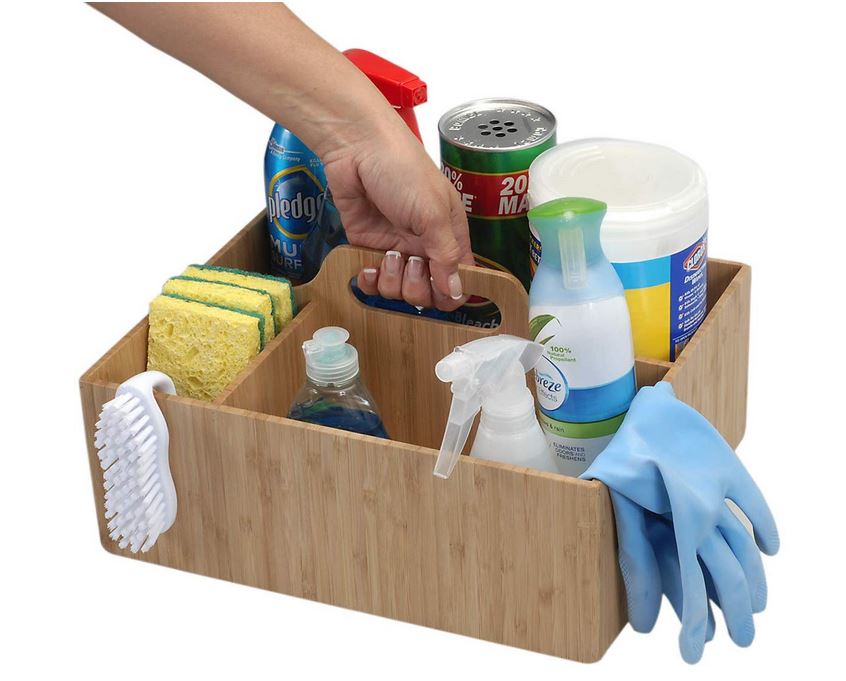 Home Cleaning Services
Home Cleaning Services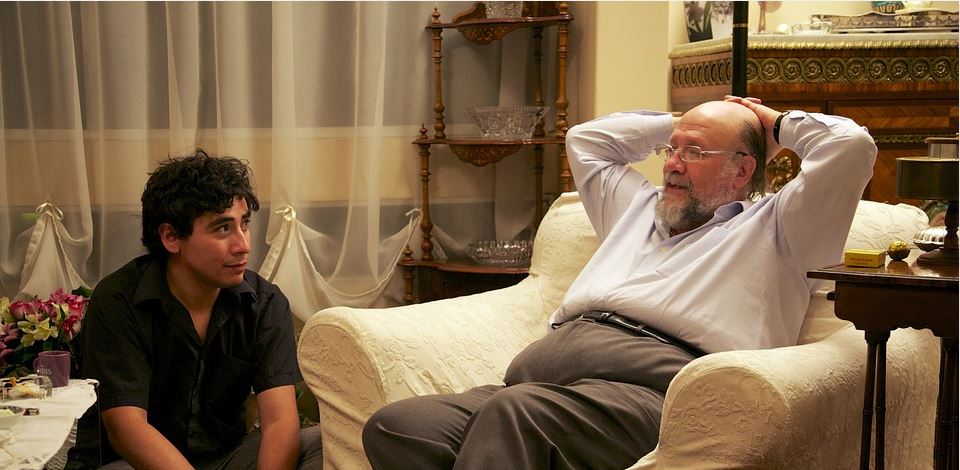 Offering Companionship
Offering Companionship Providing Medication Reminders
Providing Medication Reminders Providing Transportation
Providing Transportation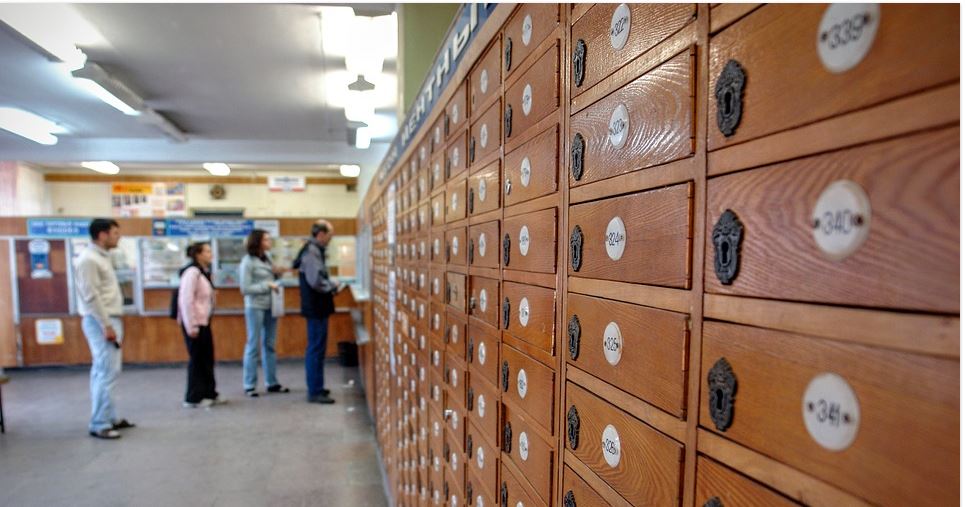 Running Errands
Running Errands
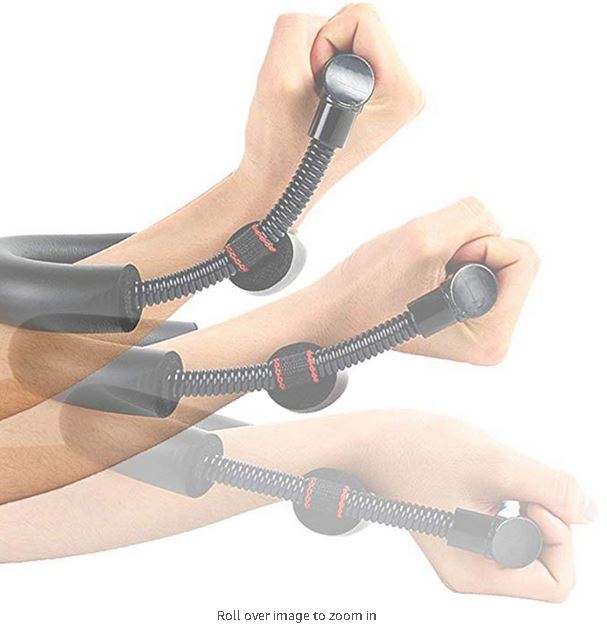
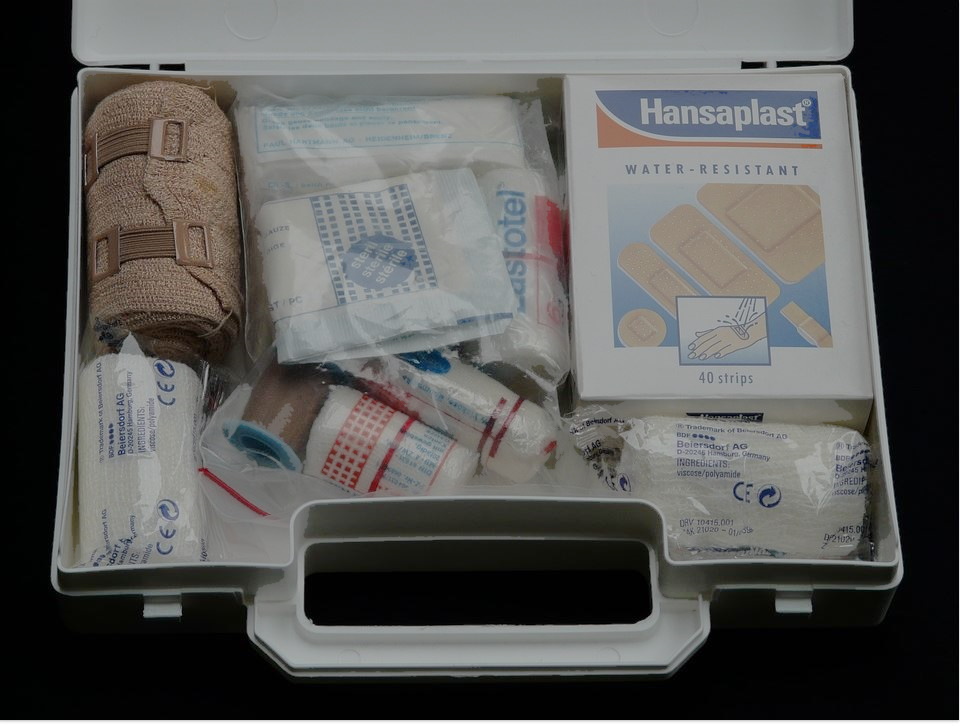 Burn Care
Burn Care Mental Health Rehabilitaion
Mental Health Rehabilitaion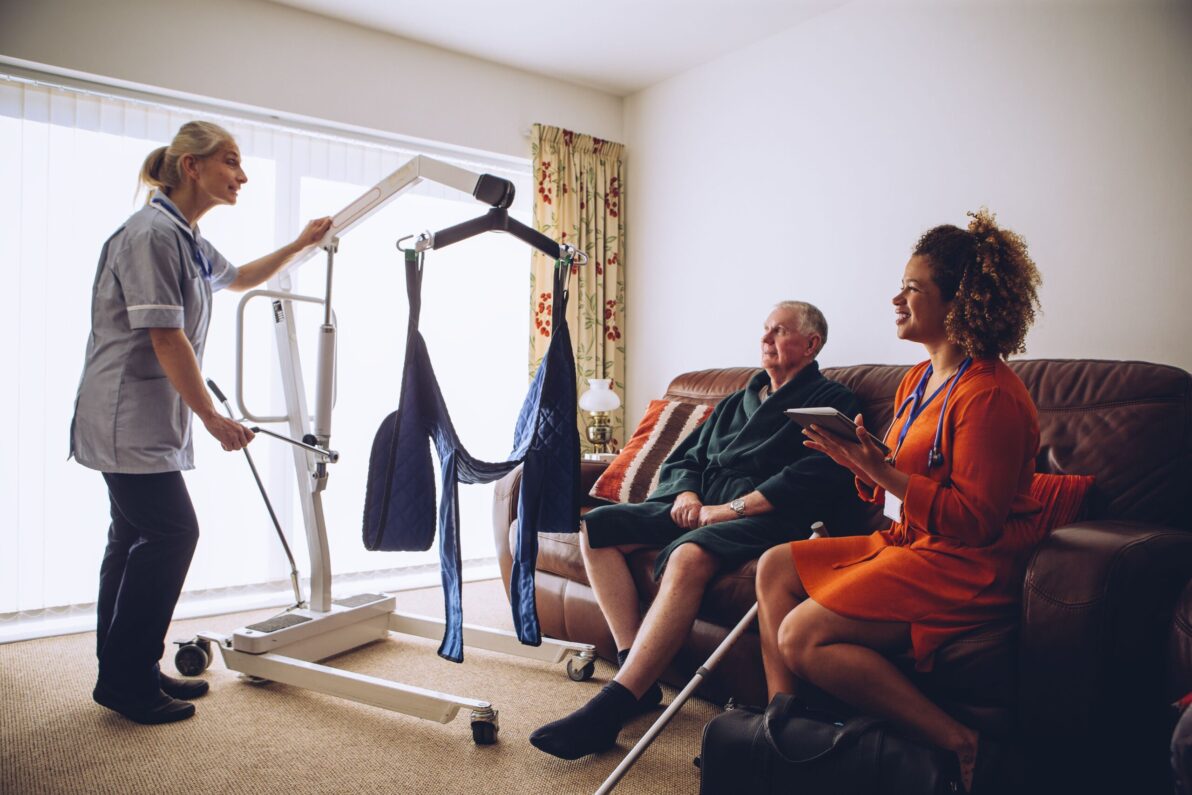
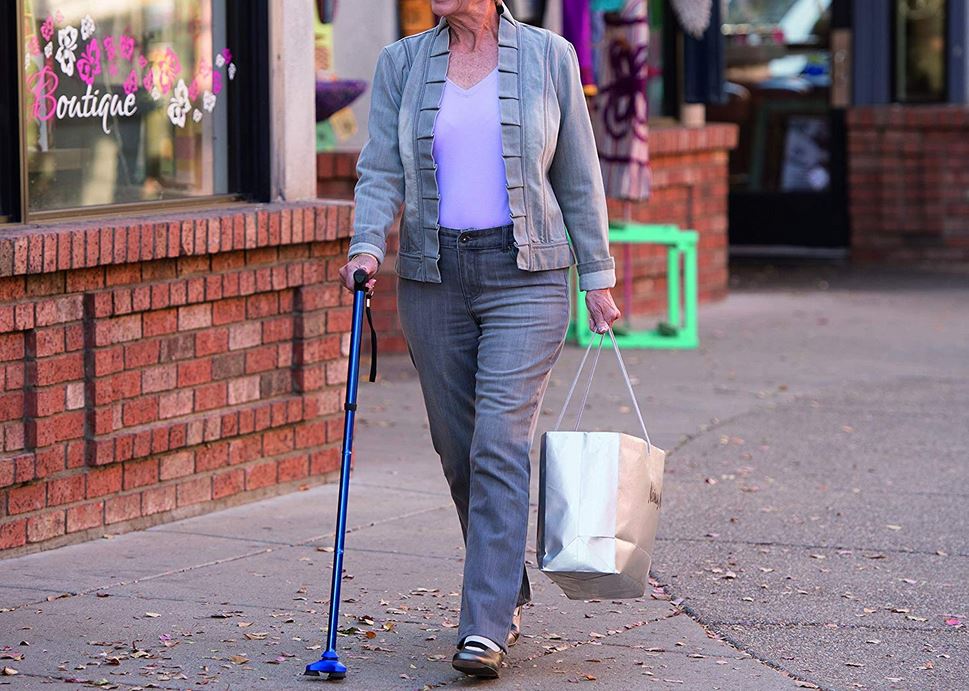 Canes
Canes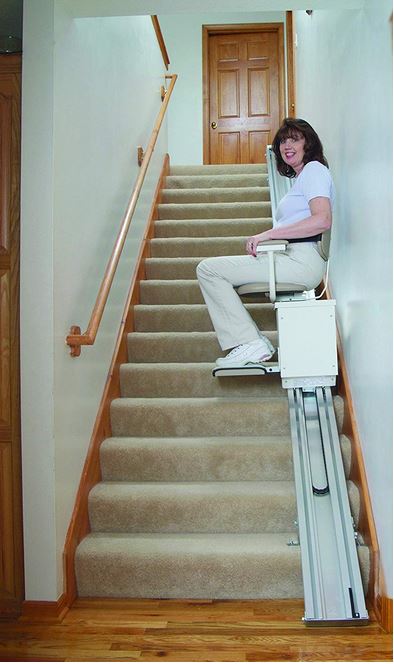 Chair Lifts / Stair Lifts
Chair Lifts / Stair Lifts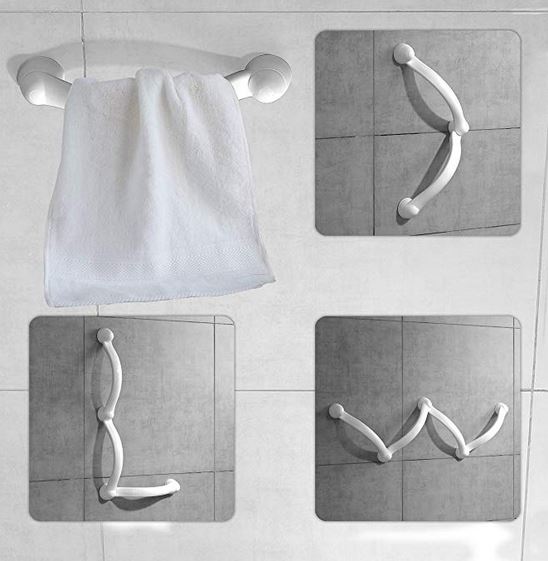 Grab Bars
Grab Bars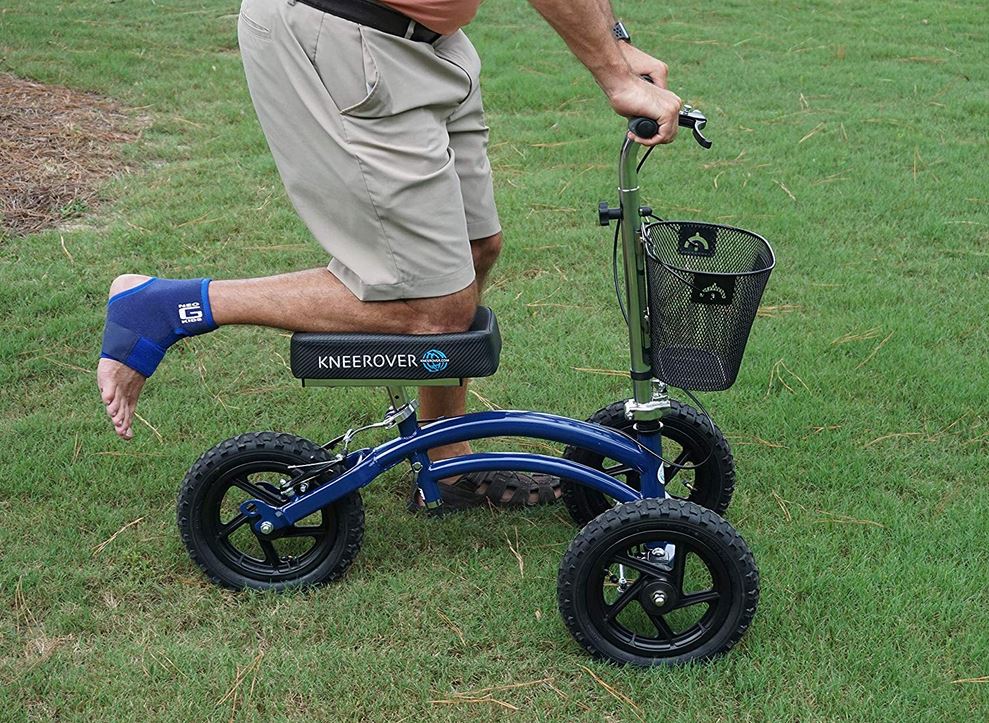 Knee Scooters / Knee Walkers
Knee Scooters / Knee Walkers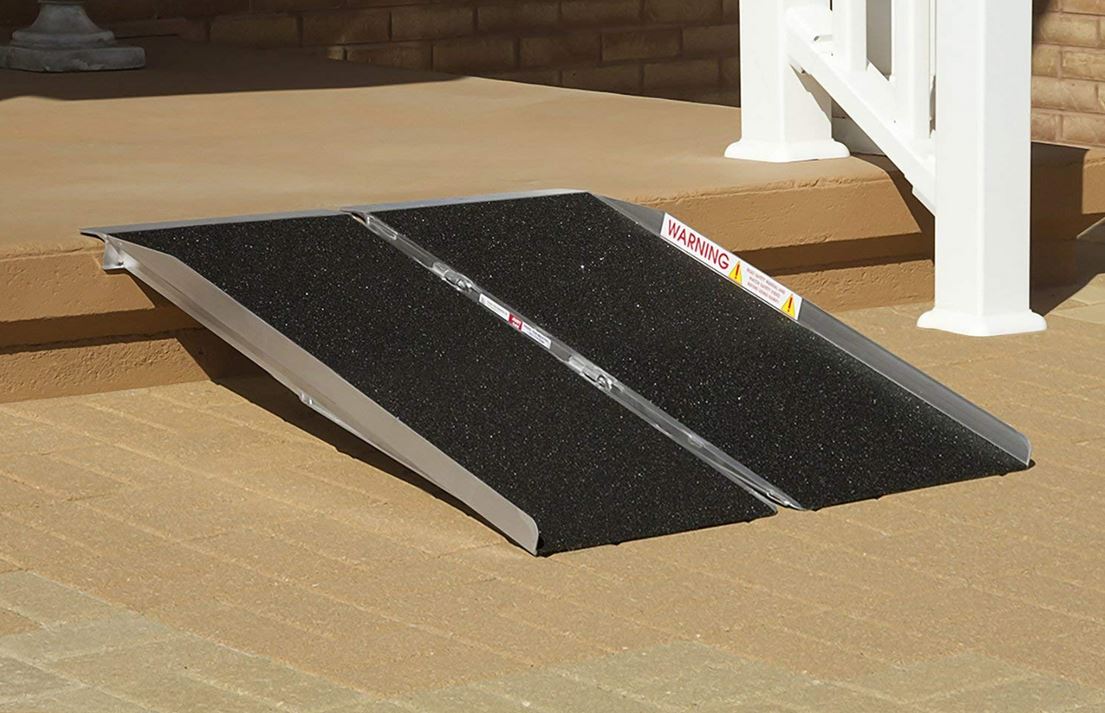 Ramps
Ramps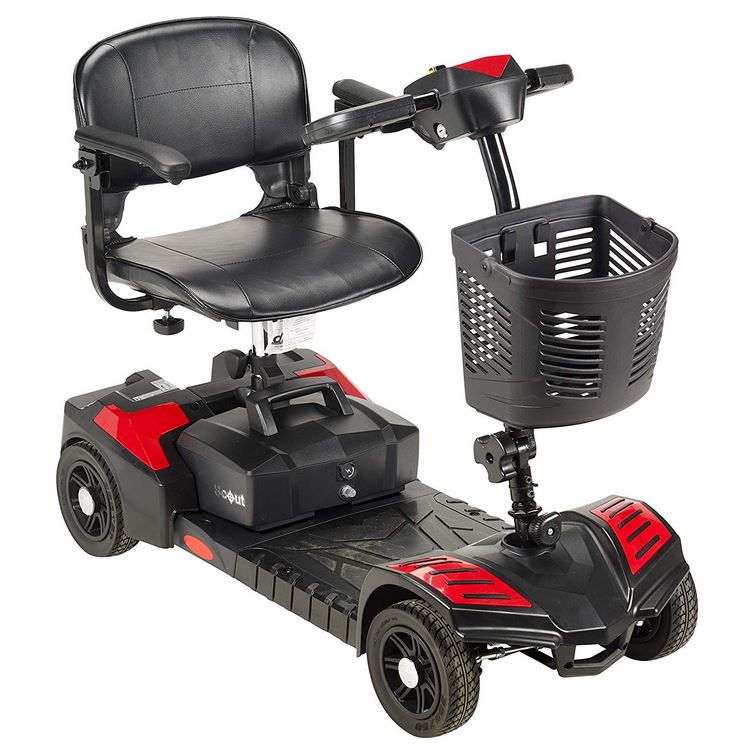 Scooters
Scooters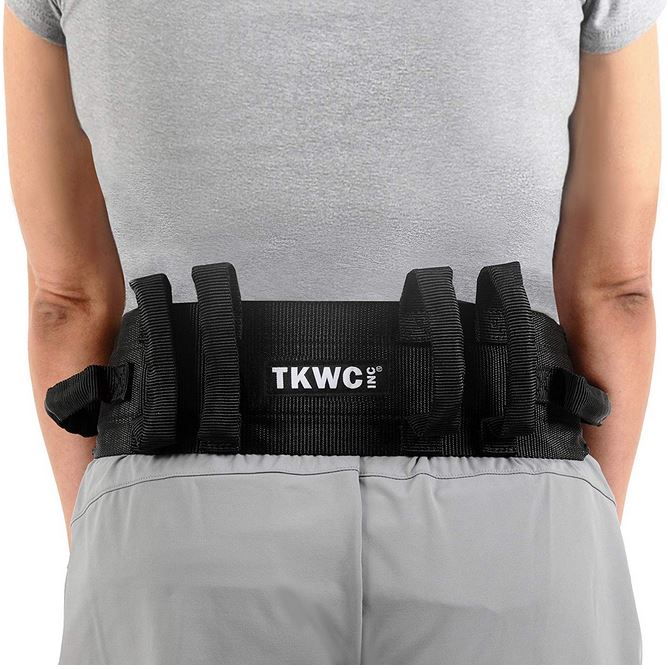 Transfer belts / pads / equipment
Transfer belts / pads / equipment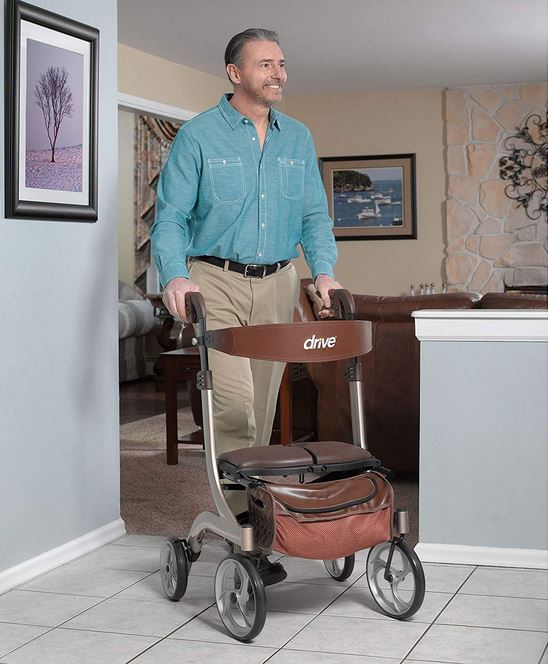 Walkers and Rollaters
Walkers and Rollaters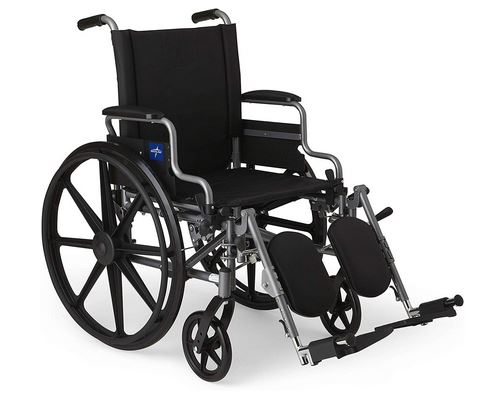 Wheelchairs and Mobile Chairs
Wheelchairs and Mobile Chairs
 Accounting and Tax
Accounting and Tax Books-Seminars-Courses
Books-Seminars-Courses
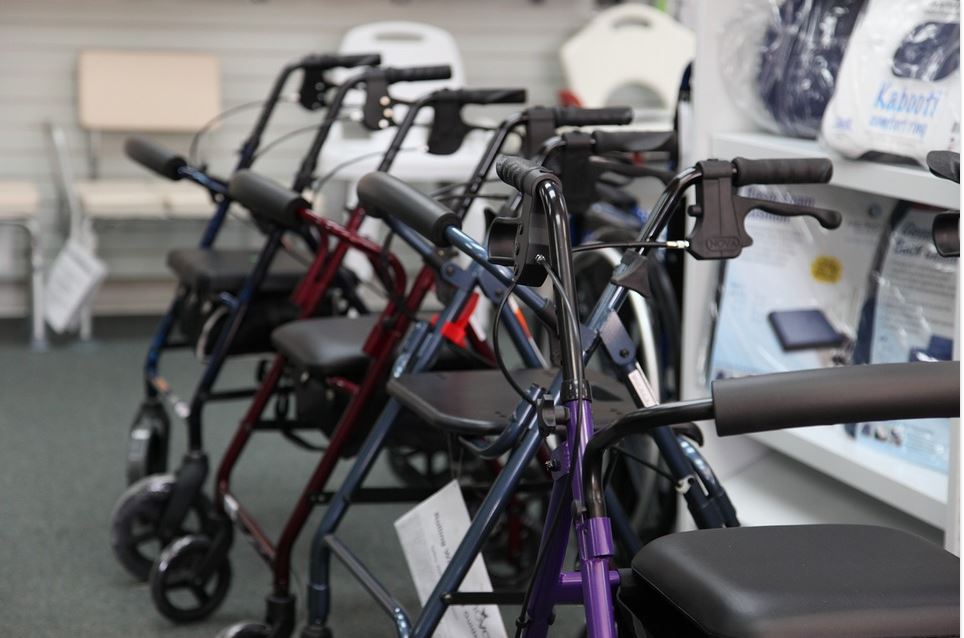 ASSISTED LIVING
ASSISTED LIVING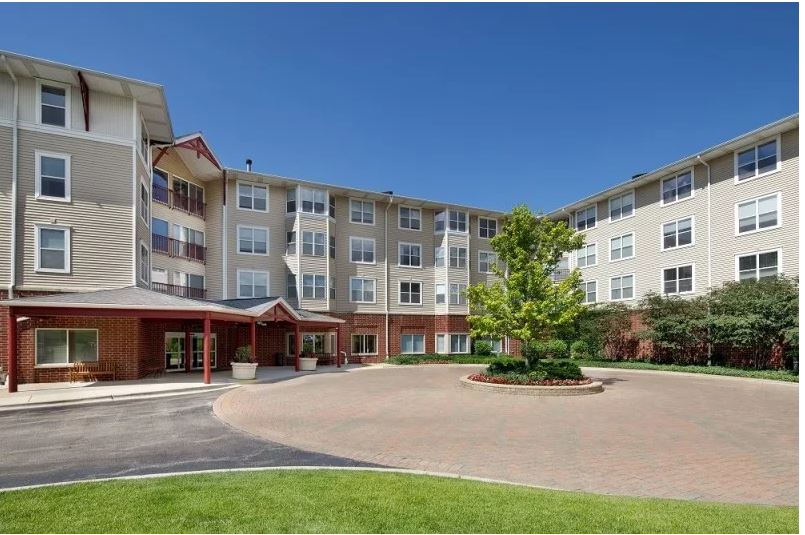 Assisted Living Facilities
Assisted Living Facilities Cohousing Communities
Cohousing Communities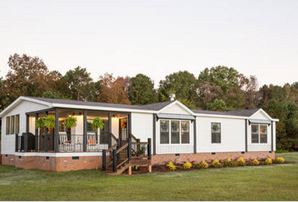 Manufactured Housing Communities
Manufactured Housing Communities Naturally Occurring Retirement Communities (NORCs)
Naturally Occurring Retirement Communities (NORCs) Personal Residence LIving Independetly
Personal Residence LIving Independetly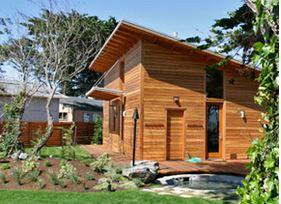 Accessory Dwelling Units
Accessory Dwelling Units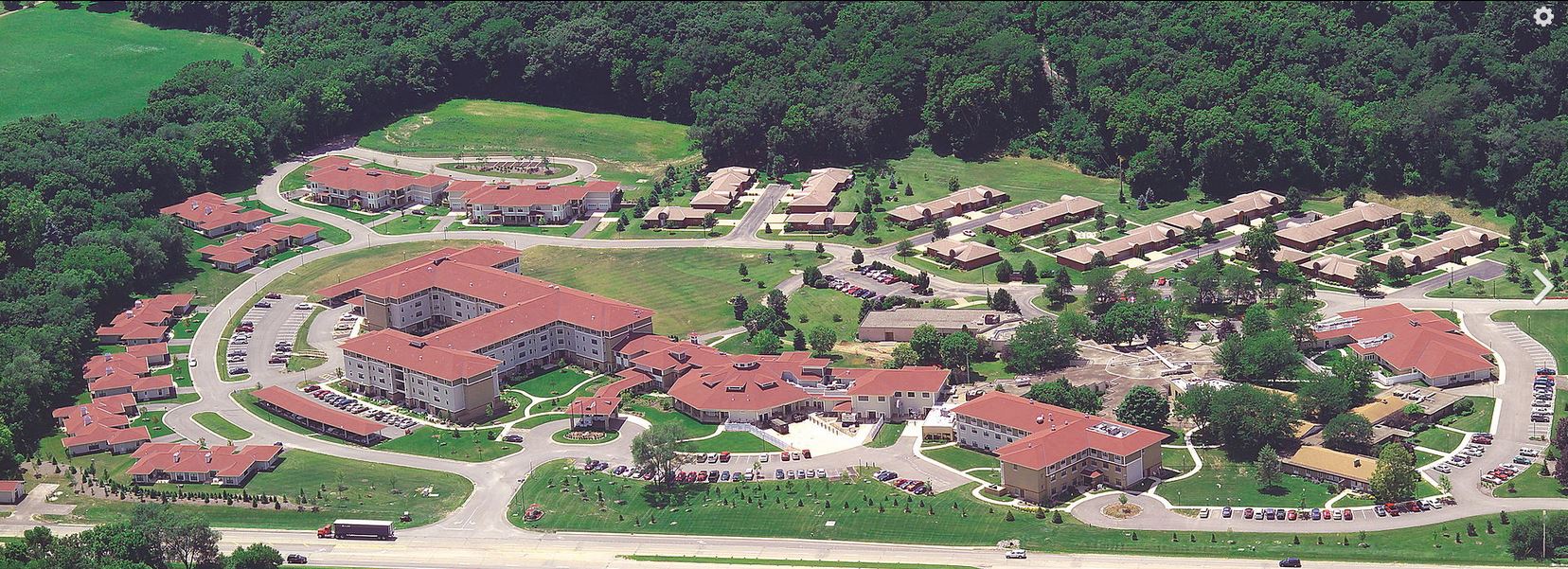 Continuing Care Retirement Communities
Continuing Care Retirement Communities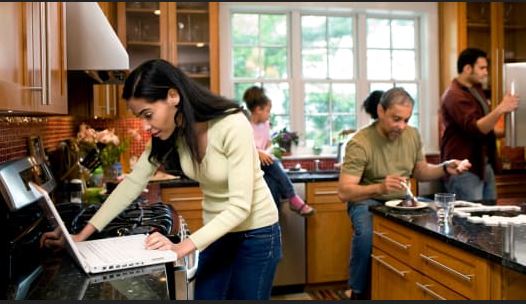 Multigenerational Households
Multigenerational Households